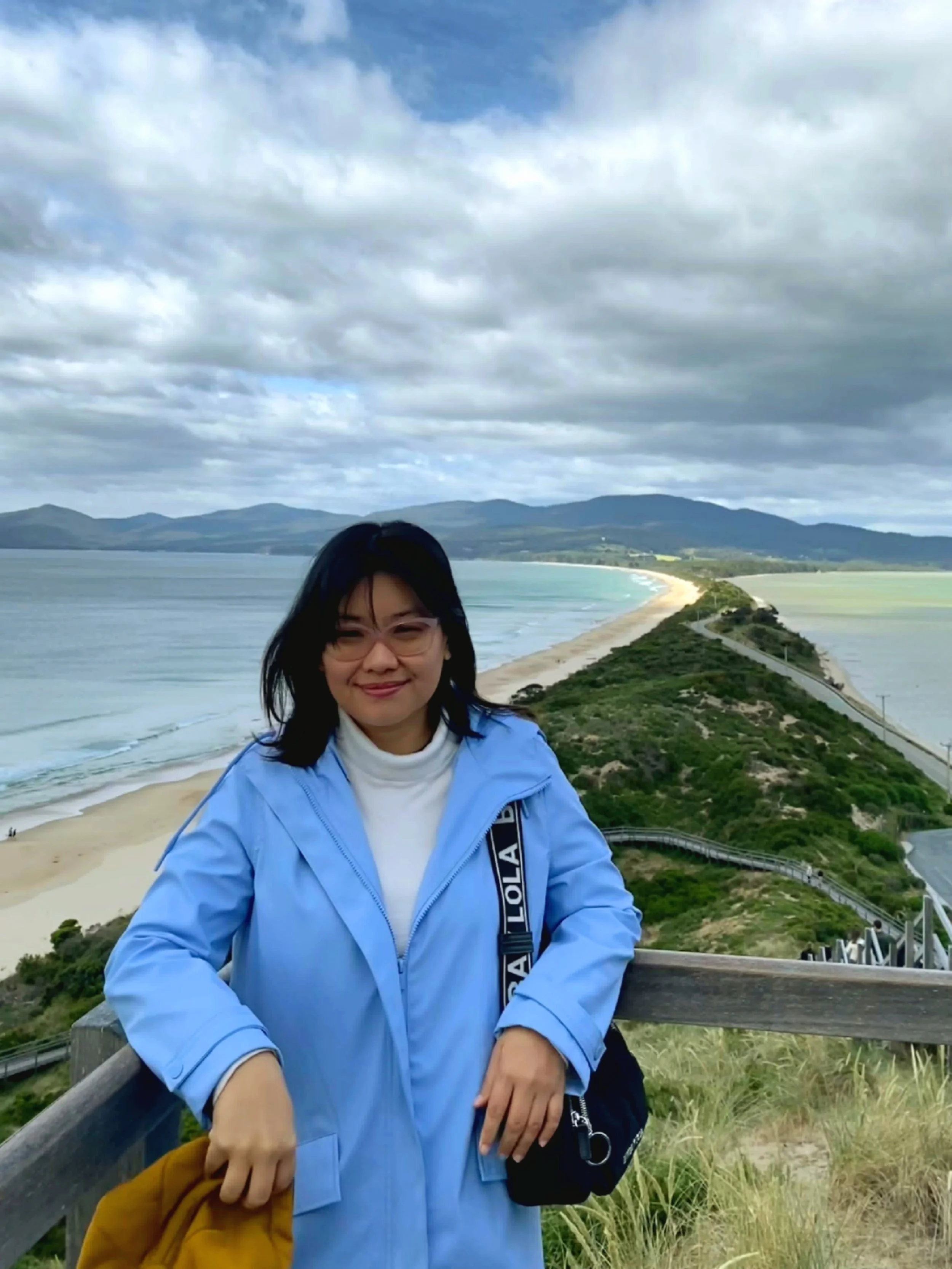Ayu Siantoro
This month we are thrilled to feature one of the two inaugural winners of the Indonesia Council postgraduate bursary. Read up on Ayu Siantoro below, and make sure to get along to her presentation at ICOC 2025, where she will be speaking about “Decolonising Indonesian anti-sexual-violence legislation: Analisis post-struktural Undang-Undang Tindak Pidana Kekerasan Seksual”.
From now on, we will only be featuring paid-up / subscribed members of IC so if you want to be featured, please sign up as a member 😊
Tell us about yourself!
I am Ayu Siantoro, from Tulungagung, a town in East Java, Indonesia. My previous academic training was in social cognitive psychology, but I am currently studying poststructural policy analysis to understand the governing of adolescent girls’ sexuality in the context of media-mediated anti-sexual violence activism and policy reforms.
Where does your interest in Indonesia stem from?
As an Indonesian, it is easy for me to be interested in understanding my own people, culture, and living spaces. My interest in Indonesia grew further since I got to travel to many places across Indonesia and learn about the local community as a media worker in Kompas Daily Newspaper.
What is the nature of your engagement with Indonesia – are you an academic, a professional, an alumni?
I am a PhD candidate at the University of Sydney.
How do you think organisations like Indonesia Council can improve Australia-Indonesia relations?
Organisations like the Indonesia Council can support the improvements of Australia-Indonesia relations by creating spaces and occasions for diverse people and cultures to connect and for joint knowledge production and dissemination.
What are some of the challenges and opportunities in the Indonesia-Australia relationship?
Our colonial history can be a challenge and an opportunity in the Indonesian-Australia relationship. On the one hand, coloniality can pose a challenge to equal and equitable relationship between countries. On the other hand, Indonesia and Australia have an opportunity become partners in decolonising efforts.
Tell us about your favourite Indonesian food experience
I often went to remote villages across Indonesia to do community development activities, either as a student-volunteer or an NGO staff (World Vision). There, we sometimes ask the local community to prepare meals and dine together with the team. I always love eating home-cooked local food in this kind of setting, as I can feel the warmth and connection with the local community, culture, and spaces.
What’s your favourite Indonesian food and why?
Rawon, a type of beef soup from my hometown, is my favourite Indonesian food (editor’s note: YUM). I love eating rawon with my family in small restaurants where drivers and travellers usually come to eat, because the portion is generous and the taste feels like home. For me, rawon served outside of East Java tastes different.
What’s your favourite Indonesian music/song/writer?
I recently started to like Yura Yunita as I feel understood and encouraged by her songs’ lyrics. I also admire the decades-long journey and growth of her artistry.
What’s your favourite Indonesian idiom?
I recently became interested in a Javanese idiom “urip iku mung sawang sinawang” (meaning that life is just looking at and being looked at). I think it is somewhat related with a poststructural idea about how our “social reality” is politically and historically constructed.
[Last month’s PAY IT FORWARD question]:
What is one Indonesian practice or value that you find heartwarming and inspiring?
I admire how resilient Indonesian people can be, especially women from grassroot community. When see how they can continue living despite adversary, I feel hope.
And don’t forget to suggest a pay it forward question for next month 😊 :
What is one recent social change or movement in the Indonesian society that you think is consequential and uplifting?

